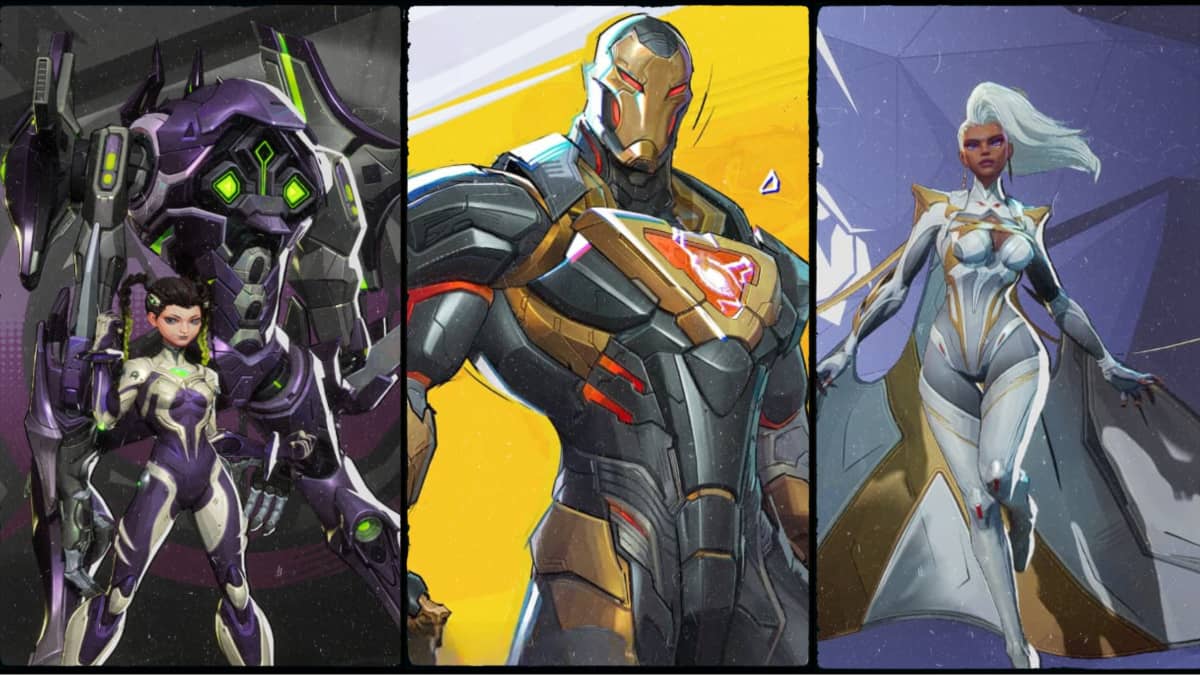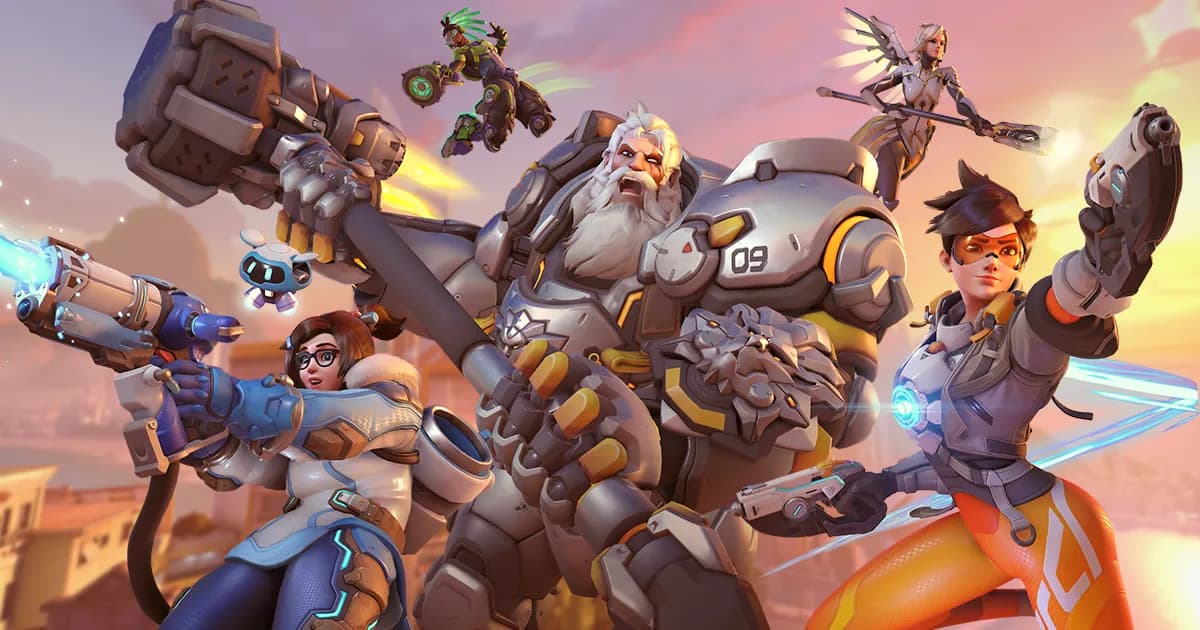
In League we often credit exceptional players as having great mechanics or game knowledge. Yet, these players don’t always perform as well as we’d expect. Take, FORG1VEN for example, a player renowned for his flawless mechanics. However, during his latest split with Gambit, he was perceived to perform much worse than expected. This was especially true given how much he dominated the 2015 EU LCS Spring Split. Conversely, there are players who are perceived to have relatively poor mechanics and yet have performed well or even better than expected. A recent example is Hai, who seemingly carried Cloud 9 from fighting for an LCS spot to representing NA at Worlds where Cloud 9 was even able to take 3 games off of superior opponents. Does this suggest that mechanics and game knowledge aren’t the only factors that predict performance? What else can there be? Actually, we do know of another major factor that influences performance – emotional intelligence (EQ). This is an important topic because training EQ is often overlooked when trying to improve overall performance. In this post, we’ll briefly examine EQ, how it can impact performance and how to improve EQ. Finally, we’ll revisit FORG1VEN and Hai to apply what we learned and make some inferences into the impact of EQ on their recent performance.
Before looking at EQ more closely, we need to better define what goes into predicting performance. When it comes to trying to predict performance, the two most significant types of intelligence end up being general cognitive ability and EQ. General cognitive ability refers to an individual’s basic information processing capabilities. In League this mean how quickly when faced with a given scenario, a player is able to analyze the information on their screen, interpret it and make the optimal decision. This capability can obviously be influenced by experience and game knowledge acquired over time. We can also include things like fine motor skill, motor timing, reaction time and reflex as a component of general cognitive ability. This would be your mechanics; all that fast finger coordination goodness that let’s you pull off sweet Insec Lee Sin ward kicks and the like. Now, if you’ve ever asked someone for suggestions on how you could improve your League performance, their recommendations were likely limited to improving your League-related general cognitive function. We’ve all heard or seen posts on these these kinds of recommendations right? Things like, jumping in a custom game to practise cs-ing until you master getting 100cs at 10 minutes or practising animation cancelling with any given champion. These are great things to practise (and you should continuously practise them) but there is a ceiling to how much they will improve your performance (just as an aside, if you want to improve all things mechanics and game-knowledge related, I highly recommend checking out PhRoXzOn’s YouTube channel, his lecture series is pretty amazing and comprehensive). Beyond improving general cognitive function, many individuals never consider EQ, which, simply put is the ability to understand and manage not only one’s own emotions but also those of others. It’s common to hear a players say they’re “on tilt” or “I’m tilting” when performing badly. This often happens when you stop effectively managing your emotions. Even worse, this can lead you to spread your negative emotions to your teammates (commonly by raging in chat). This is an actual phenomenon called emotional contagion. At this point if everyone stops effectively managing their emotions, group performance is obviously going to suffer, and it’s easy to see how this can result in a match loss. Now that we’ve described how EQ can influence your personal and team’s performance, we can move on figuring out how to improving your EQ.
There are actually 4 hierarchical levels of EQ. To summarize:
Level 1 – Perception of emotions. This is the most basic. It means you can identify your own emotions and those of others (e.g. I am happy, he is angry, etc.)
Level 2 – Using emotions to facilitate thought. This means you’re able to use your emotions in a functional way, such as to make a decision.
Level 3 – Knowledge and understanding of emotions. This means you understand how different situations and events generate emotions as well as how others are influenced by emotions. For example, you’re probably not going to ask the guy who’s raging in all chat to go ward baron. You’ll probably wait for him to calm down or ask another teammate.
Level 4 – Management of emotions. This is the highest level of EQ, it’s pretty much when you have supreme mastery of emotions. It’s when you can regulate, adjust and change not only your own emotions but those of others as well, so that they can be manipulated into achieving a desired outcome. For example, you have someone raging on your team and you realize their behavior is making you angry. However, you don’t get angry, you’re able to make yourself stay calm. Moreover, you are able to emotionally manage that player to stop raging and start behaving in a manner that is conducive to the outcome you desire (winning the match).
From the above, it becomes obvious that to improve your EQ, your objective is to train yourself to consistently hit the highest EQ level. A systematic way to do this is:
- Observe yourself. Identify situations that negatively affect your in-game emotions. Remember, no matter what the situation is, you can always choose how you react to it. It may be difficult at times to stay calm in a stressful situation but over time this behavior will become easier to repeat.
- Regulate yourself. Hold yourself accountable. Don’t blame others whenever something goes bad and admit your mistakes. This relates to a previous article on Actor-Observer Bias. This will also earn the respect of your teammates and increase team cohesion.
- Observe/regulate how you interact with teammates. When an in-game situation is making you angry or stressed, does the way you communicate with your team change such that you notice they react negatively to you or even start to lose emotional control? If you do this, you need to stop or correct it. Compare your chat logs, you might be surprised at how different the way you communicate is in a match where everything is going well and you are happy versus a bad match where you are angry and frustrated. Alternatively, look at how your communication evolves in a game that you were winning and then threw or vice versa.
Overall, with a bit of practise it’s not that difficult to improve your EQ, and your overall game performance should improve along with it. This alone could be the difference between reaching or not reaching your goals next season, e.g. improving from platinum to diamond.
Now that we’ve reviewed EQ, how it affects performance and how to improve EQ, let’s revisit FORG1VEN and Hai. I first want to mention that my intent is not to criticize FORG1VEN or Hai, this is mainly an exercise to illustrate the power of EQ. In addition, as outsiders observing from afar, it is difficult to accurately evaluate their EQ. We don’t have enough reliable information. For example, we don’t have access to their voice comms or their team house. So we don’t actually know how they interact with their teammates in-game, outside of the game or in a practise environment. Therefore, we’re going to have make some assumptions. First, we are going to assume that FORG1VEN has high general cognitive ability relative to Hai. FORG1VEN has better mechanics and game information processing capabilities. However, we should not overlook that in terms of processing information about the macro-game (as evidenced by his world-class shot calling), Hai is superior to FORG1VEN. Nonetheless, in terms of overall general cognitive ability we still conclude that FORG1VEN is superior to Hai. Based on these assumptions it is reasonable to conclude that EQ, at least in part, accounts for the difference in their recent performance levels and that Hai possesses a higher level of EQ relative to FORG1VEN. This is also supported by FORG1VEN’s track record of conflict with teammates and getting fined/banned for negative in-game behavior. Importantly, though it also suggests that if FORG1VEN were to improve his EQ, he is capable of a much higher performance ceiling than Hai.
I hope this review of EQ in League will be of benefit to some of you. It’s also important to note that EQ doesn’t only apply to League, it will impact your performance in all aspects of life, whether that be at school or at work. Improving your EQ can really help you be successful in achieving your life goals.





Published: Nov 14, 2015 04:33 pm